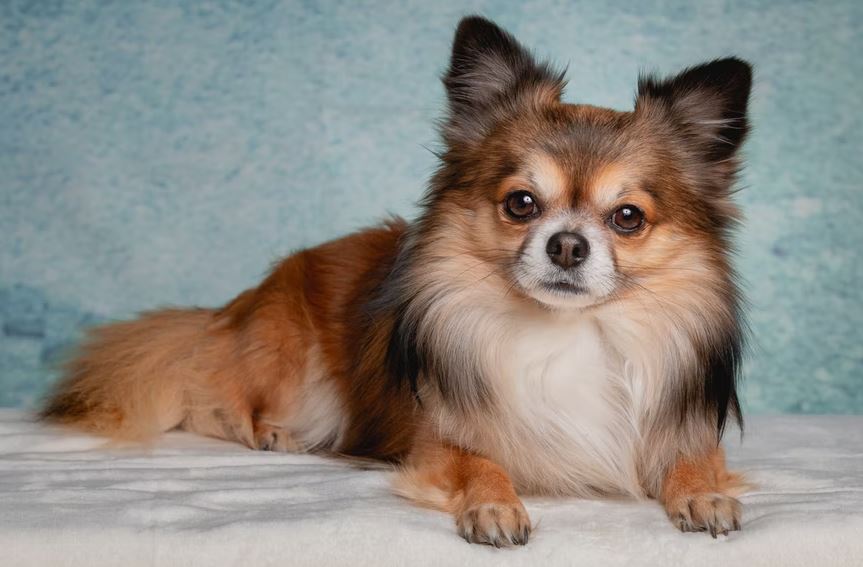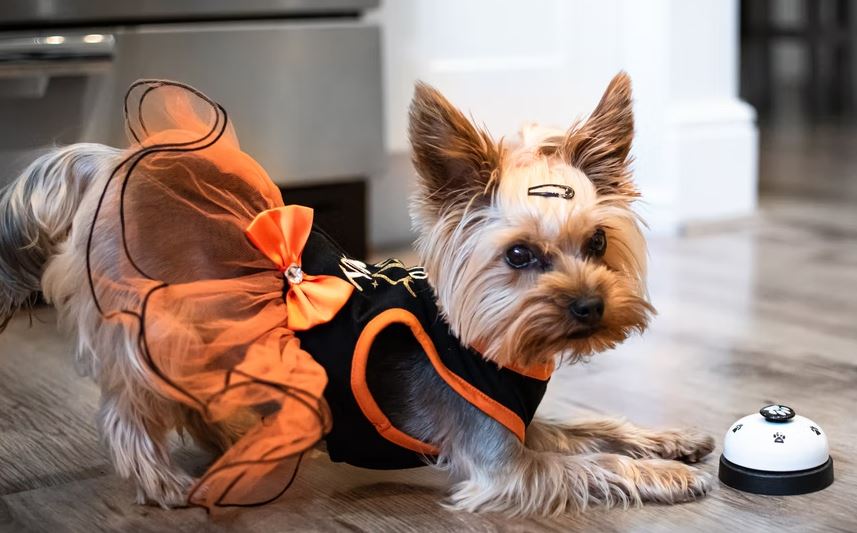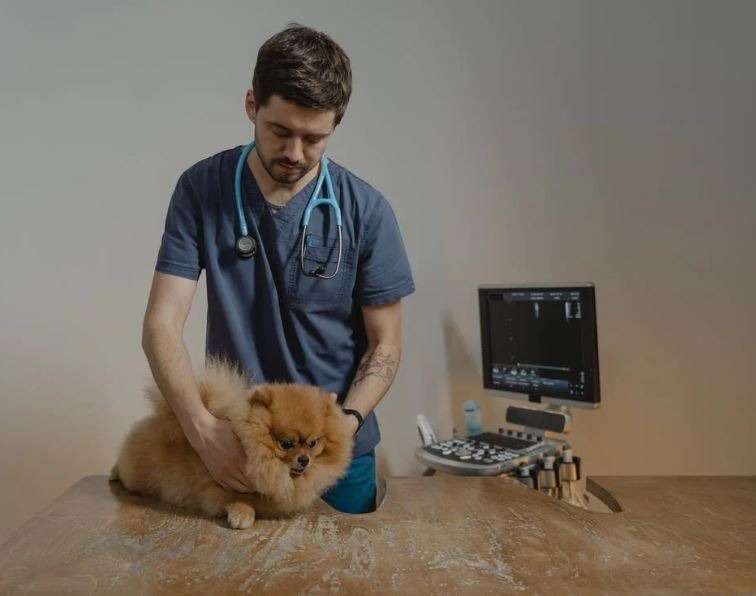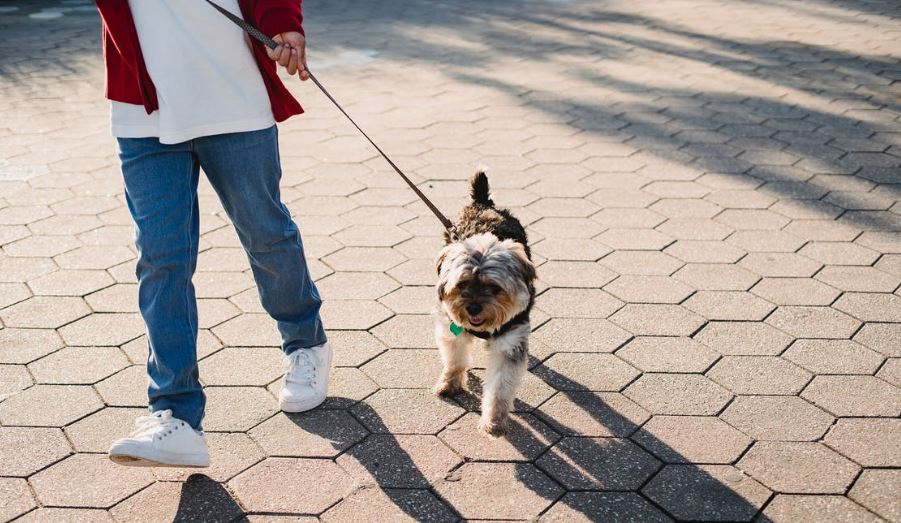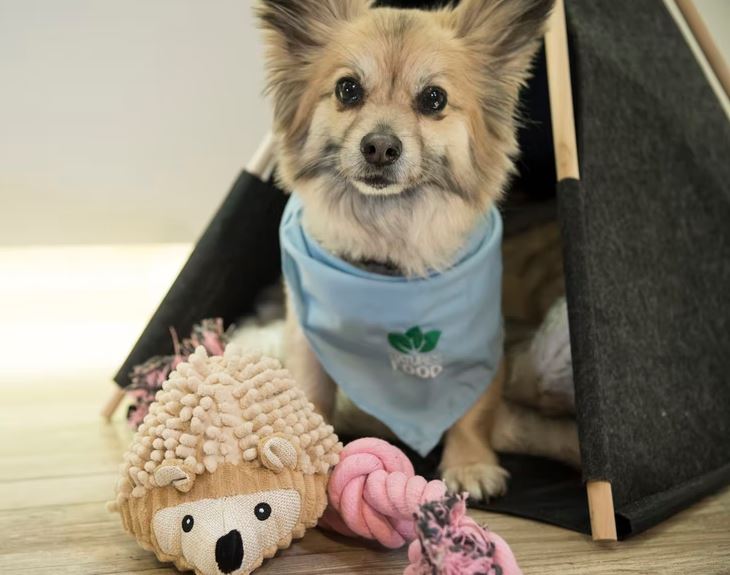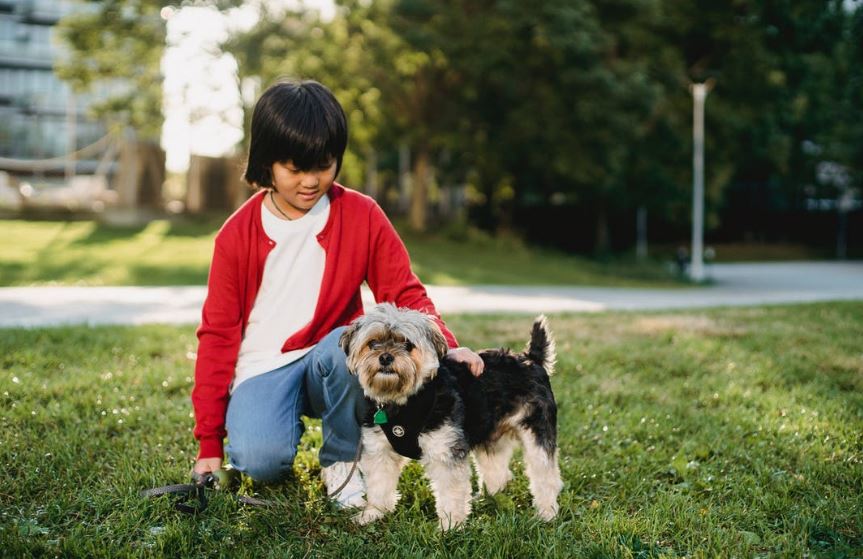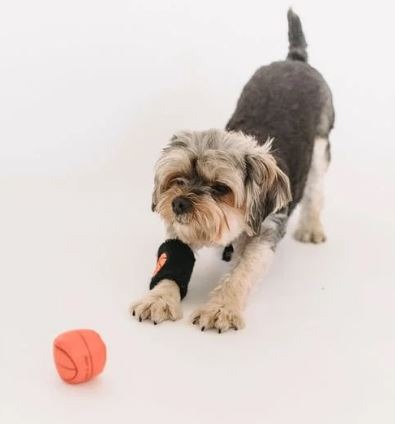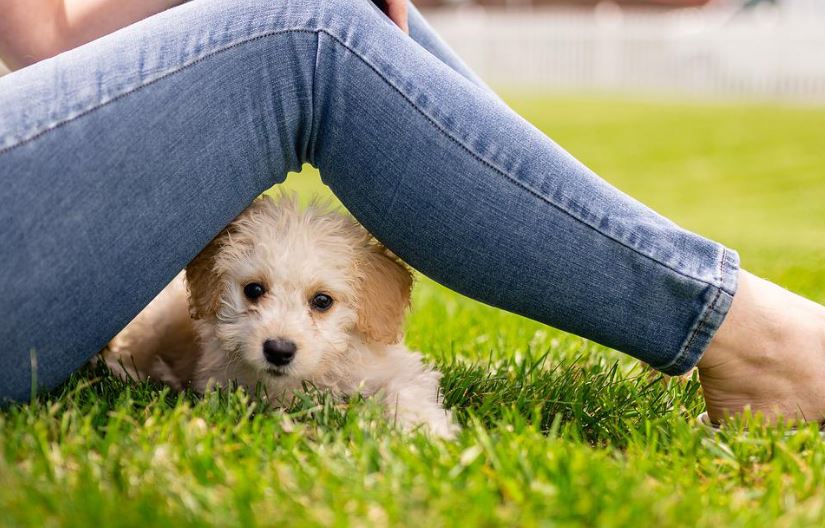Small dogs are wonderful pets. They’re the most faithful and cheerful companions that a man can have. Aside from being adorable and a man’s greatest friend, many little dogs are trained to be devoted family pets, which makes them a popular pet choice among dog lovers, especially for those living in a city with little room or space in the house. However, before buying a little dog, know its care differs from a big dog’s. Despite the benefits of owning a tiny dog, caring for a small breed is not easier. Small species share many traits and predispositions.
Pros and Cons of Having Small Dogs
If you want to adopt a new furry member in the family, should consider the pros and disadvantages of getting a tiny dog. One apparent reason for choosing a small dog is they are cheaper to feed, small dogs are easy to cuddle, and can easily fit in tiny homes. Another advantage of having small dogs is that they are portable, which makes them easier to carry during trips. Additionally, small dogs are easier to harness and less tiring to walk and they are more trainable and easier to take for daily trips. Not to mention, everyone loves small dogs because of their naturally adorable appearance.
However, like another canine, owning a small dog can also have several disadvantages. For one, small dogs can also be unfriendly; they prefer to be left alone with their owners and can be very jealous and uncomfortable with other people. Despite their tiny appearance, small dogs have enormous personalities and appreciate protecting their owners by barking at intruders and they can display some stubbornness. Due to their size, small dogs tend to be vulnerable and more prone to disease and injury. Still attributable to their small size, they tire faster and are not a fan of long walks.
Tips for Taking Care of Small Dogs
Just like with all animals, owners of little dogs are responsible for meeting the dog’s basic needs. Small dog care involves a focus on health, happiness, and well-being. Even though dog ownership is a significant commitment, it is a rewarding experience! It’s vital to remember that little dogs demand just as much attention as larger dogs, if not more. If you plan to own a tiny dog, here is some care advice. A dog owner should focus on four basic things in caring for their little fur: nutrition, training and grooming, exercise and recreation, and health or regular vet checkup.
1. Find out about your pet’s breed’s distinct traits. Remember that each breed’s temperament, looks, attributes, and demands differ.
2. Regularly feed but don’t overfeed. Regular feedings help build stability and habit for your dog. It’s simpler to overfeed little dogs because they eat less. Age, size, and activity level determine how much food your dog needs daily. Ask your vet how much food your small dog requires. Active tiny dogs may need more food. Follow the package instructions for little dog food. Weigh your dog to verify you’re feeding them the right amount of food based on their weight. Overfeeding leads to obesity, which can cause diabetes, arthritis, and heart disease. If you don’t overfeed your dog, they will live longer and healthier.
3. Provide a Well-Balanced Diet and Nutritional Foods. Feed them little servings two or three times a day. You can feed them an antioxidant-rich diet and high-quality protein like fish or meat and avoid grain or ash to increase longevity. Although giving your small dogs bits of your dinner or human food as a treat can be tempting, you should avoid doing so because several foods are toxic to dogs, such as alcohol, chocolate, and caffeinated meals and beverages. Additionally, giving them Human food increases bad behavior like begging or annoying individuals while they eat. When feeding your dog, always provide clean drinking water.
4. Create a comfortable and safe location to rest. Small dogs are delicate and easily frightened or overexcited. Providing them with a safe comfortable place, where they can rest, and sleep is very helpful for your little fur friend. You can make this safe region a gated zone away from busy areas. Whether you cage train your dog or give them a bed, they want to feel safe.
5. Prioritize regular veterinary visits. Dogs need regular medical care like people. Different tiny breeds have various health risks. Long-term relationships with vets help them spot concerns at regular checkups. It also ensures your tiny dogs get complete vaccines to keep them healthy.
6. Prioritize training. Small dogs are intelligent and easily bored. It needs adequate training, so it doesn’t ignore fundamental commands. Small dogs need socialization with other dogs and people to develop excellent manners. Lack of training can result in a little dog with poor manners, hostility toward strangers, or barking constantly. Training and boarding your pets is essential for little breeds if you want a lovable companion. Send your dog to a trainer at 8-12 weeks to learn basic skills and etiquette. Trainers emphasize positively reinforcing good behavior instead of punishing bad behavior with little dogs because harsher approaches like leash correction can be scary or harmful.
7. Take Care of Their Fitness Needs. Small dogs require exercise too. Playing a fast-paced ball game, or even taking a short walk around the neighborhood, will do the trick. The kind of exercise your dog needs will vary depending on its breed, so be prepared to devote more time to some species than others.
8. Properly Groom Your Pets. Even though they’re indoor dogs, they need to be groomed. In truth, little dogs need weekly grooming from head to toe. Brush their coats and cut their nails regularly. You may get nail cutters, brushes, and shears for long-coated dogs.
9. Choose the Best Toys for your little dogs. Smaller dogs have more energy. Daily playtime with suitable toys is essential. This prevents hostile conduct and boredom. They’re happiest when playing. It would be best if you bought age- and size-appropriate toys. Remove or replace shredded or broken toys, so your dog doesn’t get hurt.
10. Please get to know your dog and build a relationship with them. It is common for little dogs to be lap dogs and companion animals. It’s prevalent for them to form strong bonds with their owners, making them eager to spend time with you.
Tips for Choosing the Small Dogs
If you’re going to get a little dog, you must pick the right choice. You’re not only adopting a long-lived animal that you’ll have to care for but also a new family member. Your living condition, lifestyle, and beliefs affect your dog choice. Selecting a furry friend requires careful consideration of a dog’s features such as breed, age, and personality. Dogs, like people, are one-of-a-kind creatures. First, you must figure out what you expect from your dog. You can get an active, lazy dog or needy best friend who tears when you leave. Your lifestyle also matters. For example, if you’re a dedicated runner, a Chihuahua with little legs may not be your best choice. However, if you prefer to stay on the couch and enjoy Netflix reruns, a Chihuahua may be precisely what you need.
When considering owning a small dog, you should check your budget. When figuring out your budget, don’t forget to add in the expense of veterinary care, nutrition, snacks, training and grooming, and toys. Generally, small dogs have high vet expenditures. Different species are more prone to infections and injuries than others, which might add cost. Your living status may also be an essential factor in choosing a small dog, whether you live alone or with a family. Some little dogs, including beagles, terriers, and pugs, love people and being in a family, while toy dogs like the toy poodle or Maltese can be overwhelmed or upset by family life and are better with only one owner.

